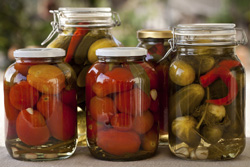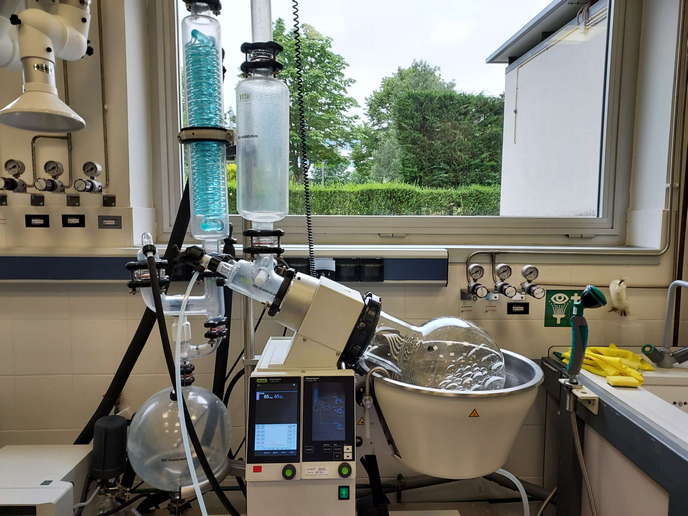Nanotechnology in food preservation
Being able to exploit the health potential of many bioactive components in food requires specialised product processing and storage. Using appropriate polysaccharides it is possible to protect the bioactive compounds during processing and storage, and release them only in the lower intestinal tract. The use of nanocapsules is believed to overcome stability problems. Based on this, the EU-funded 'Development of foods containing nanoencapsulated ingredient' (NANOFOODS)(opens in new window) project proposed to adopt tailored nanocapsule technology to preserve food bioactive compounds during processing and storage. As seen on the project website(opens in new window) , partners were particularly interested in the bioactive compounds with potential anti-inflammatory activity, such as omega-3 fatty acids, butyrate and silymarin complex. A series of prototypes of micro-encapsulated compounds were developed using different combinations of core and capsule materials. Omega-3, encapsulated in starch complexes and integrated in a food product, should survive storage until the time of consumption. To translate the pilot-scale technology to industrial production, partners explored methods of nanocapsule freeze-drying and spray-drying. Different starch–omega-3 complexes were physically characterised with regard to thermal and oxidative stability. Their functionality in simulated gastrointestinal tract conditions was also evaluated by exposing complexes to extreme pH conditions and enzymatic digestion. The next step was to incorporate these bioactive nano-encapsulated omega-3 fatty acids and silymarins to generate novel foods such as pasta or dough for bread. Testing of these food products on patients with inflammatory bowel disease (IBD) or ulcerative colitis revealed an amelioration of the inflammatory status, indicating a beneficial effect. Overall, the NANOFOODS project successfully exemplified the improvement in the processing stability of bioactive ingredients including silymarins and polyunsaturated fatty acids (PUFAs) through nano-encapsulation. The NANOFOODS approach could satisfy the requirements for food products with enhanced nutritional value, quality and safety.







